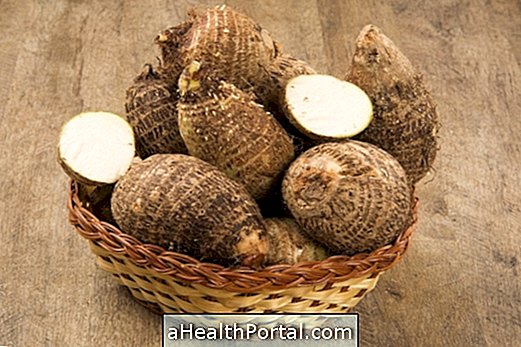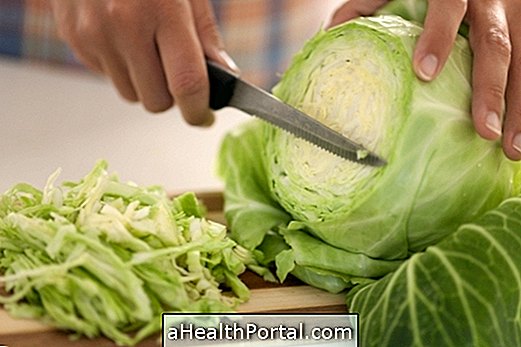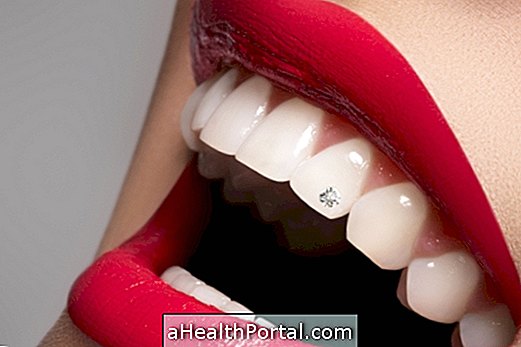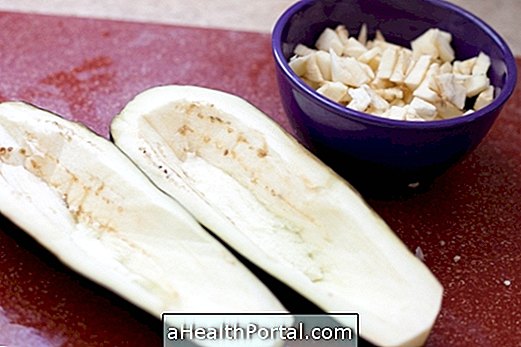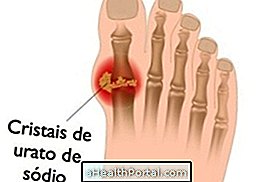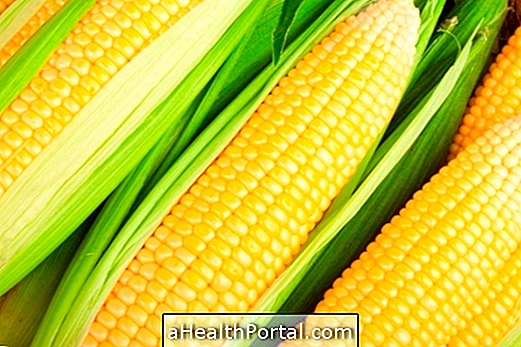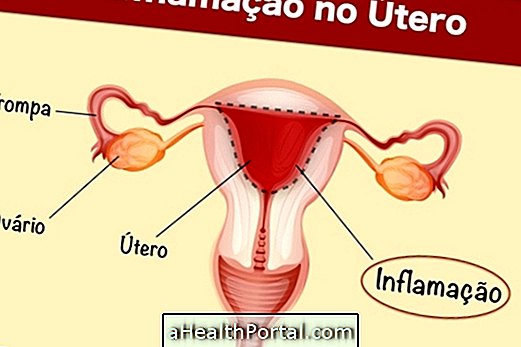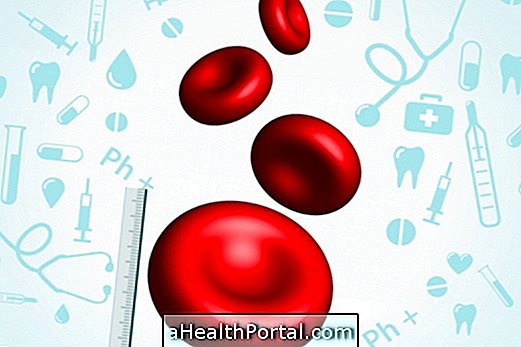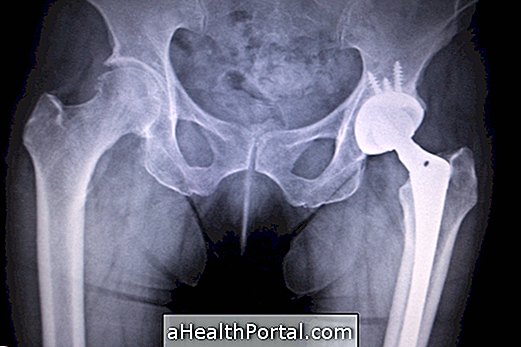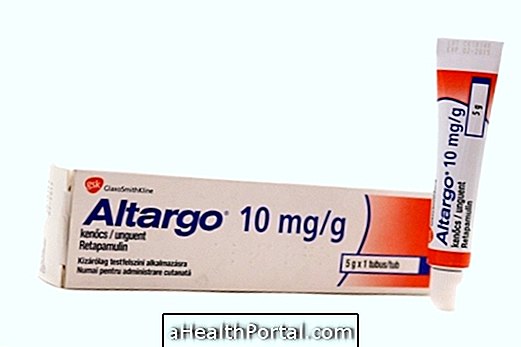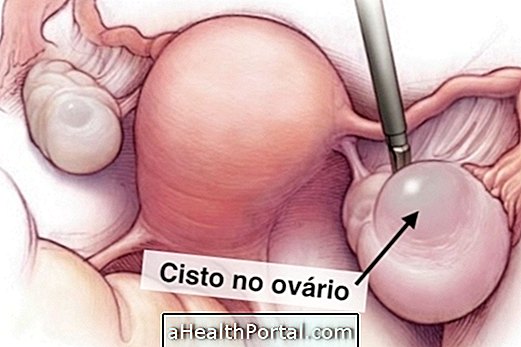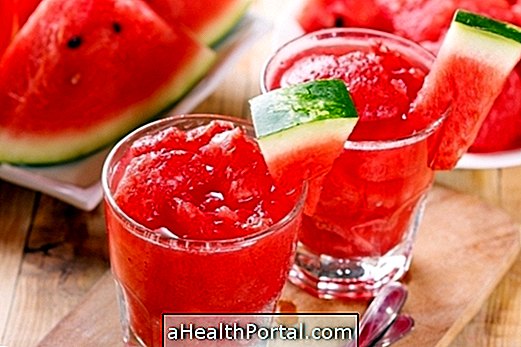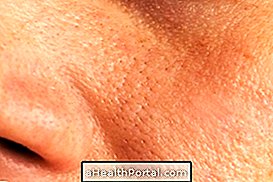The diet for hepatic encephalopathy, which is a serious complication of liver failure, should be poor in protein, even from plant sources such as soy or tofu .
Hepatic encephalopathy arises when the liver is not functioning well and as a consequence produces toxins that affect the brain causing neuromuscular and behavioral changes.
Hepatic encephalopathy is a serious complication and the treatment must be guided by a physician who will appoint a dietitian qualified to make a structured meal plan adapted for the patient with hepatic encephalopathy.


Food plan in hepatic encephalopathy
The food plan for hepatic encephalopathy should seek to reduce the ingested protein as follows:
- At breakfast and snacks - avoid dairy consumption. Example: A fruit juice with a bread with marmalade or a fruit with four toasts.
- At lunch and dinner - eat less meat and fish because they contain animal proteins and give preference to legumes like beans, fava beans, lentils, soybeans, and peas that have proteins of vegetable origin. Example: soybean stew with rice and salad of lettuce, tomato, pepper and corn with a fruit for dessert.
What to eat in case of hepatic encephalopathy
In case of hepatic encephalopathy eat more proteins of plant origin such as beans, fava beans, lentils, peas and soybeans than of animal origin like meat or fish. Also eat high-fiber foods like fruits and vegetables that help eliminate compounds that are intoxicating the body in hepatic encephalopathy.
What not to eat in case of hepatic encephalopathy
In case of hepatic encephalopathy do not eat:
- snacks, smoked sausages, preserves and canned goods, pre-conditioned foods, pre-prepared sauces
- cheese, hamburger, chicken, egg yolk, ham, jelly, onion, potato
- alcoholic beverages


